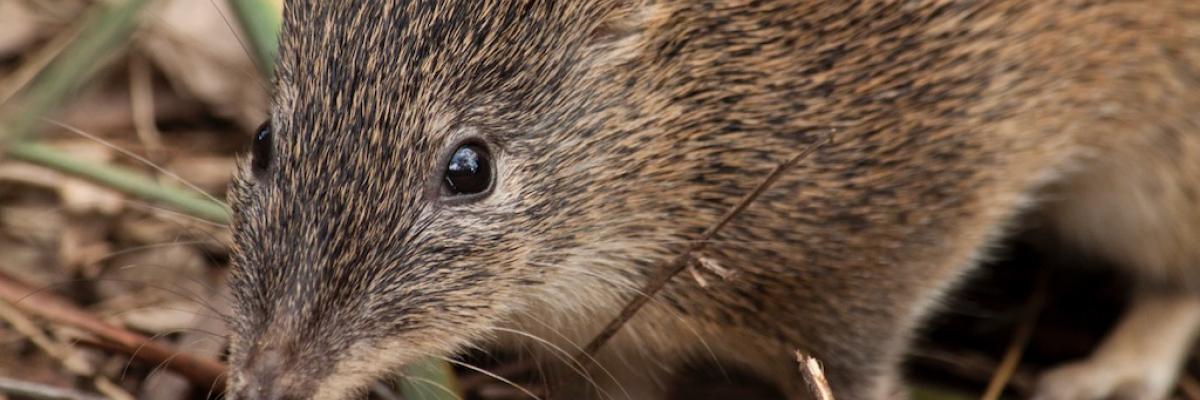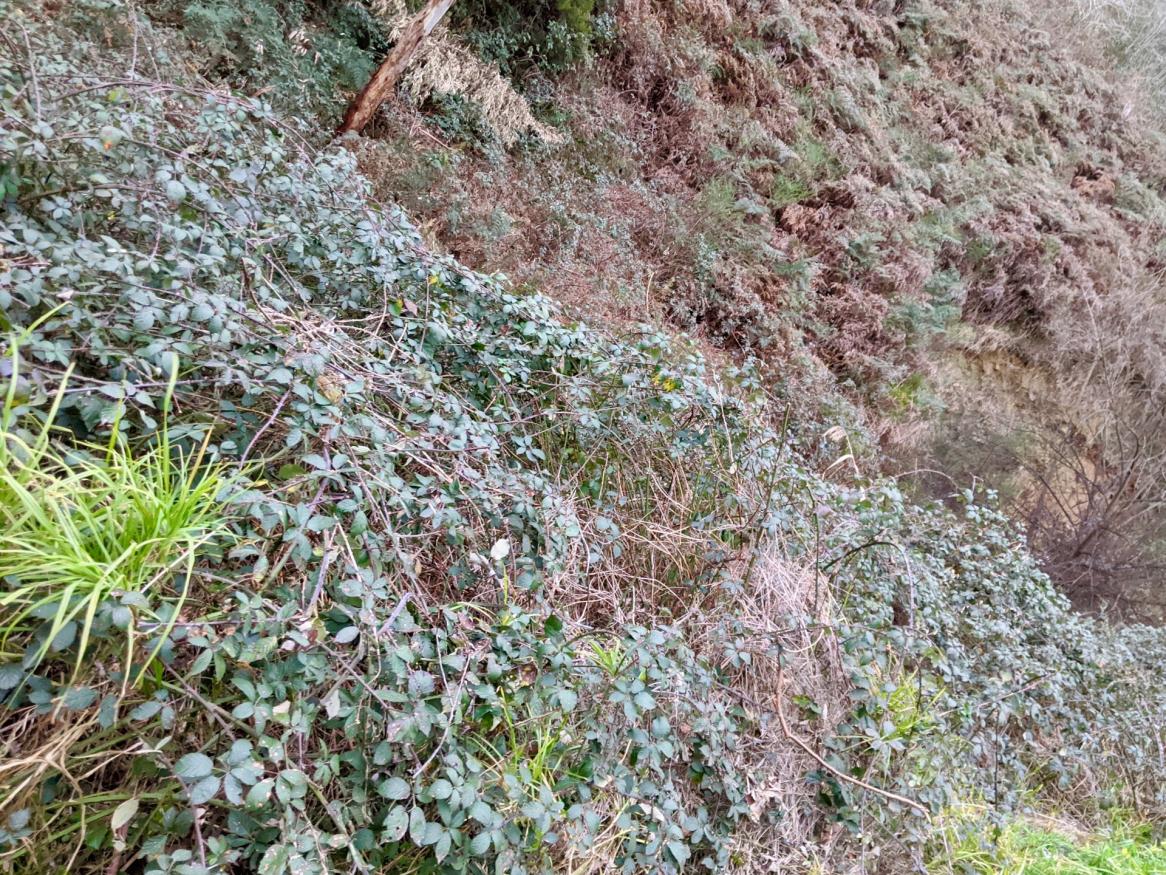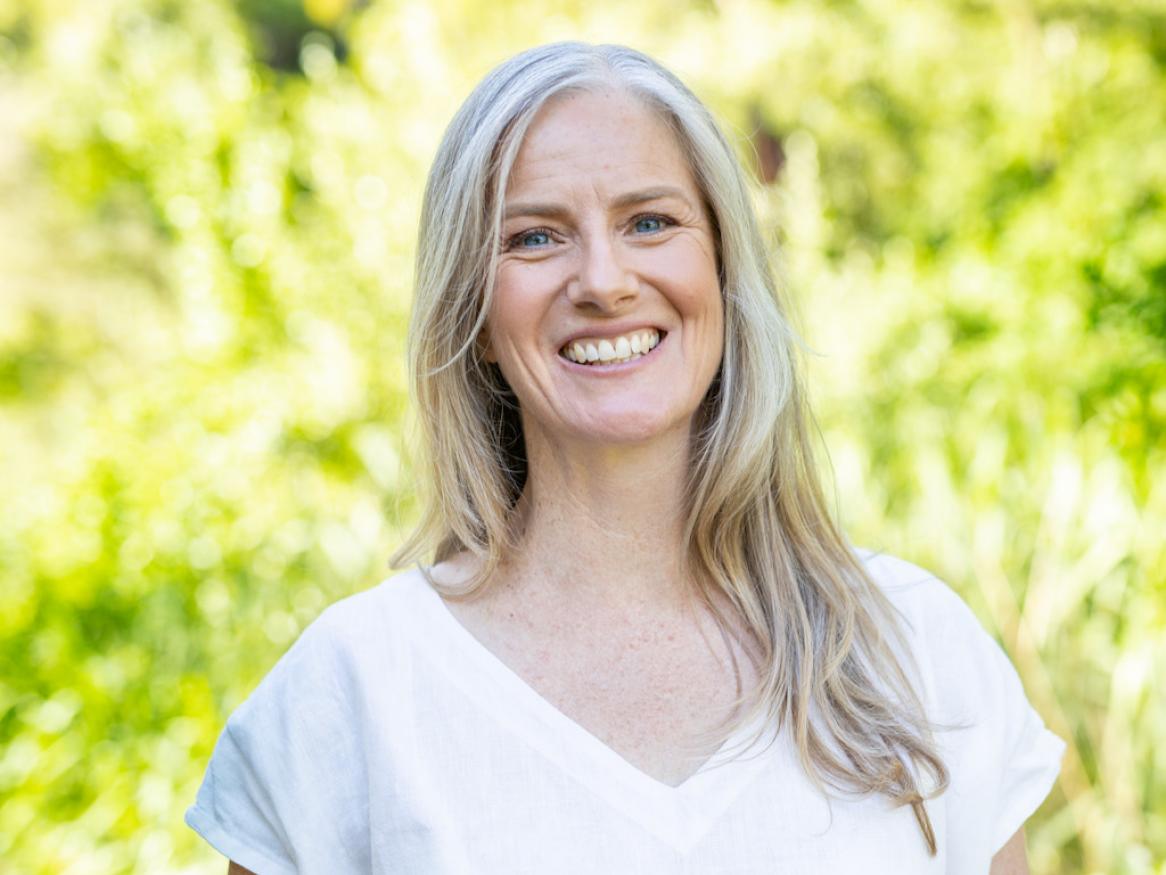iBandi


What is the iBandi Project?
iBandi supports citizen scientists find food and shelter for endangered bandicoots by using the iNaturalist App on their phone.
Downloading the iNaturalist App
These dynamo diggers currently have a limited range of habitat, which makes them vulnerable to natural disasters like bushfires. Researchers are hunting for big pockets of blackberry within bushland - but need your help to locate them.
By downloading the iNaturalist App, you can join the 'iBandi Project' and record your findings.
-
Aim of the iBandi Project
iBandi aims to connect citizen scientists with scientists to find, share, and prioritise unoccupied blackberry habitat within bushland for endangered bandicoots.
We’re investigating how citizen scientists can help to improve bandicoot protection by discovering more blackberry habitat for potential future translocations. Scientists want to discover new habitats that are suitable for translocating healthy bandicoots to increase their range.
This extended distribution, of more patches over a bigger area, may ultimately save the species from being wiped out by natural disasters, such as catastrophic bushfires.
What is Citizen Science?
Citizen science is the coming together of people with extraordinary attitudes to tackle scientific questions that contribute to something bigger than the sum of their parts. Through citizen science, we expand our collective capacity to improve the world around us.
Dr Packer recently spoke at the webinar #CitSciOnline about 'Innovation in Citizen Science' featuring Fungimap. Watch the replay.
-
How to get involved?
Discovering blackberry habitat would be challenging without our team of enthusiastic hikers contributing to a bigger cause while exploring nature.
This is where citizen science comes in. As an iBandi citizen scientist, you can:
- Learn about threatened species, bandicoots, habitat, and how to collect data by attending an iBandi workshop
- Feel supported to confidently contribute quality data – even if you can’t attend a workshop!
- Join our passionate team committed to protecting endangered species
- Donate to help us train and support more citizen scientists to discover more habitat for endangered bandicoots.
-
Extra reading
Interesting reads:
- The Southern Brown Bandicoots (Isoodon obesulus obesulus ) species profile
- Improving Bandicoot Habitat in the Mount Lofty Ranges fact sheet
- Where to the Southern Brown Bandicoots live ?
- Paper: Native faunal communities depend on habitat from non-native plants in novel but not in natural ecosystems
- Paper: Foraging activity by the southern brown bandicoot (Isoodon obesulus) as a mechanism for soil turnover
- Crash Bandicoot 4 - game for children
- How a German migrant planted citizen science in Australia – and why it worked
Bandicoots need blackberry bushes as a backup
Southern brown bandicoots are a rare sight and the last of eight bandicoot species living wild in South Australia. They live in dense vegetation – but when they can’t find enough dense bushland to build a home, they often live in blackberry thickets to stay safe.
The importance of blackberry bushes
Thick, prickly blackberry patches provide excellent habitat for these medium-sized marsupials while they get to work on the ecosystem around them. Bandicoots are ecosystem engineers; they can turnover and aerate soil around blackberry patches, improving soil health for our forests and woodlands.
Supporting the iBandi project
The success of this citizen scientist project depends on grant funding and support from both organisations and individuals.
Where will my donation will go?
A donation to iBandi will be aiding important research into bandicoot conservation. Donations go towards costs associated with lab and field work. We appreciate your donation towards this vital project in helping to save these wonderful animals.
GIVE NOW
Key contacts
Dr Jasmin Packer
Chief investigator
Wendy Warren
iBandi Co-ordinator
This project received grant funding from the Australian Government’s Communities Environment Program.









